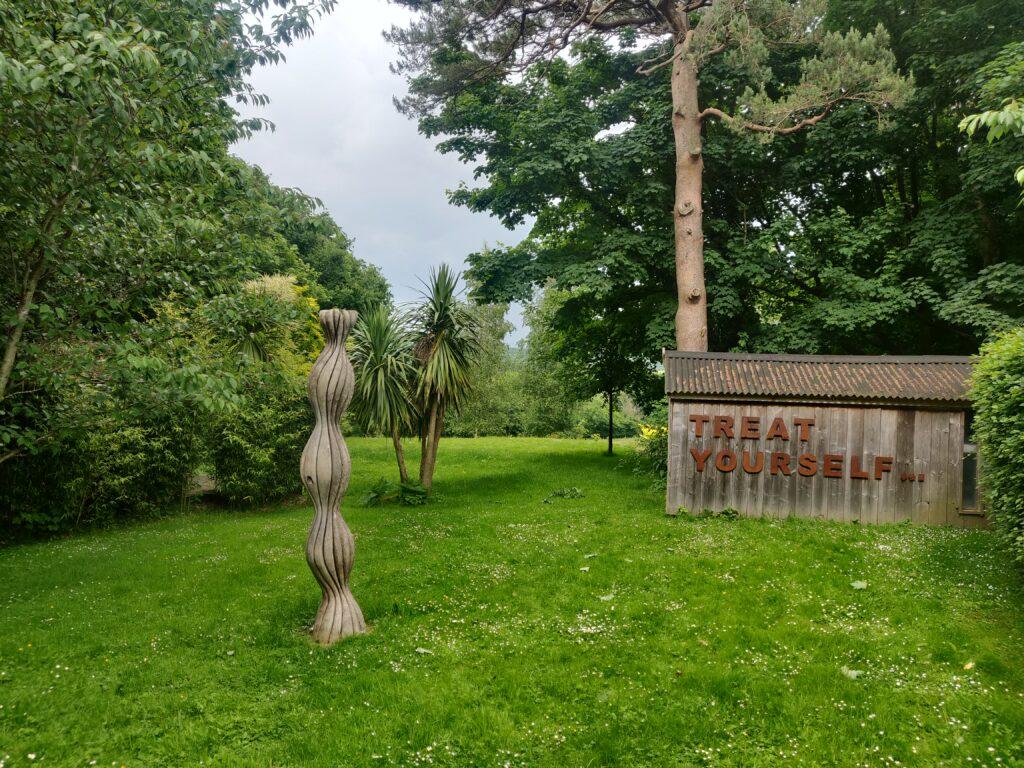
How much of our reality is based upon our thoughts?
This week I’ve spent time on a retreat in a lovely farm in Kent. I’ve enjoyed getting away from the hustle-and-bustle of my daily routines. This has given me some space to focus on routines and wellbeing.
I’ve been with a group of 10 other coaches for the last four days, all of whom are doing incredible things. It’s been a awesome space to explore the different experiences and challenges that each person has had, whilst also looking at how we can grow as individuals. For me, I’ve learnt a lot from the wide variety of backgrounds people, their different perspectives and some in-depth discussions on how we frame our lives.
We spoke about a fellow called Sydney Banks, a man who had a spontaneous enlightenment. In his own words, ‘life is a divine dream suspended beyond time, space and matter.’ He framed these beliefs into what is referred to as the ‘three principles’ – mind, consciousness and thought. Thought allows us to experience our life. Consciousness is the awareness of our own being and life. Mind is the connection of a wider intelligence and source of all life.
These concepts are perhaps not the easiest to understand. Nonetheless, one of the key messages I take is that thought is the lens in which we see our lives. What I see isn’t necessarily reality, but it is how I see reality. In other words, the experience of life is less about what is happening around me, and more about how I interpret these situations in my head, which in turn fuels how I feel about them.
Let’s say I have a report due next week, and for argument’s sake, let’s also say this report is an unchangeable fact that I must complete. If we follow our emotions around this, we may be feeling worry, dread or some form of anxiety – what will our boss think of our work? How am I going to find the time to do it? Is what I’m writing any good? It’s easy to fall into a pattern of thinking where we feel that our thoughts are the fault of our report (or our boss!), so we take the report as the source of our worries.
However, if we separate the concept of this report governing how I feel, it becomes a lot easier to question the reality I am creating. So, if I can accept that my thoughts about the report are what are really causing the anxiety rather than the report itself, I can understand that I can change the way I can feel about the situation, rather than needing to change the situation itself. In practical terms, this means that rather than delaying, delegating or dithering with the report because I feel queasy about it, I can accept – and ultimately let pass – the emotions I feel around it. Once these have passed, I can just get on and do it without all the noise in my head.
This realisation is extremely profound. I have no doubt you reading this has some sort of issue or frustration in your life. Often, the typical answer we arrive to is that we need to change the problem source. If we are unhappy with our relationship, the answer is to find a new partner. If we are unhappy with our job, the answer is to find a new one at a different company. If we are unhappy with our lives, the answer is to go travelling.
These solutions might help, but they aren’t always practical, nor do they actually always solve the problem. For example, a new partner is not going to solve our issues of commitment. Looking for a new solution instead creates a tendency of chasing new answers from the outside world, rather than looking at ourselves.
So instead, if we can change how we are feeling about a situation, the problem in front of us melts away. The report, relationship or job is no longer the problem, as we no longer are paralysed by the emotions that we feel from these things.
You may be thinking that this is some sort of privileged thinking for those who have the life luxuries to worry about banal things like careers. What about genuine trauma, abuse or poverty within the world?
Framing things through these three principles can have profound impacts on people even with the most traumatic issues. It’s a different take in psychology which is saying that rather than trying to ‘fix’ the problem within you, you can change your relationship to thought, which means negative feelings do not need to govern your life.
Thoughts and feelings – positive or negative – can float through like a leaf blowing in the wind. We do not need to hold on to them. From this, we can have a feeling of liberation, where we can enjoy life as we want.
I would love to invite you to reflect on a situation where you have been feeling upset, angry or any other negative emotion. In this instance, would you be open to the idea that your reaction to the situation is causing you additional unhappiness?
If so, you may want to look at how you can change your relationship to thought. By this I mean being willing to question things like things you must do, or things that are impossible, or other words that constrain us. Reframing how we see the world doesn’t necessarily happen overnight, so it will take time. But if you can embrace the idea that your thoughts do not govern your life, the positive impact it would have on you would be incredible.
I would love to hear what you got from this article. If you’d like to speak more about these ideas, drop me a message or email, I’d love to speak.